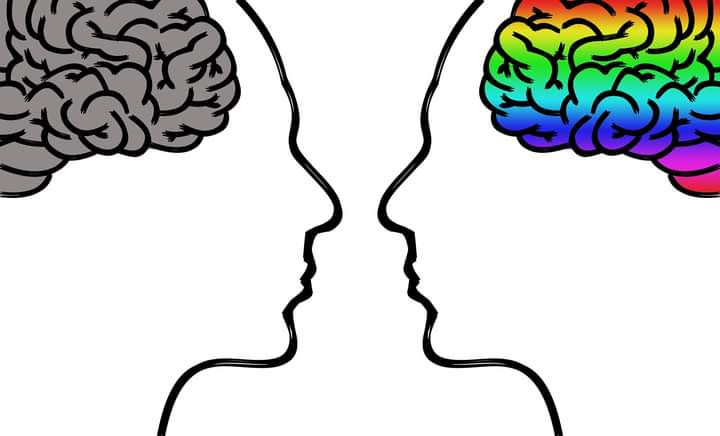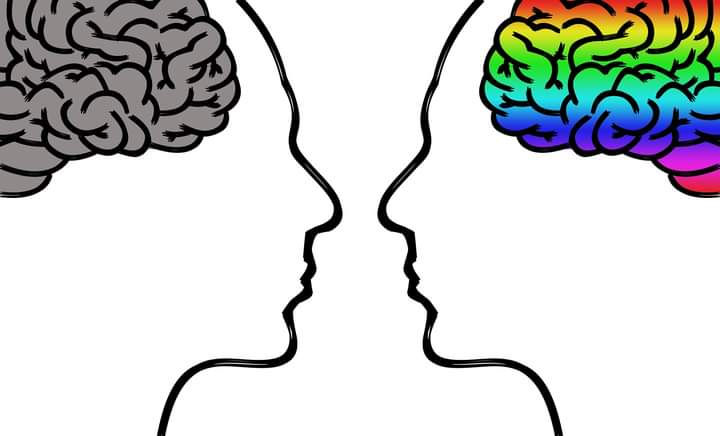Self Control
- Debora Wiseman
- 2 de ago. de 2022
- 3 min de leitura

You need to know what self-control is.
It is about the loss of our ability to contain strong, often negative, reactions and emotions. It's not about ignoring our emotions, but keeping them under our control in order to perform better in stressful or hostile conditions.
Self-control is the ability to master our own impulses, emotions and passions.
This skill is not about preventing feelings from getting to us, but it is about a healthier way of dealing with emotions, especially negative ones.
Self-control helps our emotional intelligence handle negative emotions such as anxiety, stress and anger.
It is one of the most essential life skills, Without it, we would not be able to handle most everyday situations.
Self-control is a skill that regulates our behavior and leads us to act in a healthier and more balanced way, ranging from simpler situations, such as complying with obligations or not committing exaggerations, to those a little more challenging, such as managing anger in a moment. of stress.
Each experience will require different levels of self-control.
It will bring many benefits to our physical and emotional health, personal and professional relationships. If everyone does their part, we can live in a society where everyone respects each other, and is more patient and empathetic with each other.
What can self-control prevent?
In your personal life or work environment, it is quite possible that you have seen someone lose control over their emotions and have an exaggeratedly negative reaction to a situation.
It is essential to find a balance of emotions to have healthier relationships, avoiding creating enmities or leaving the work environment heavy.
Good self-control allows you to create more stable and lasting bonds and, consequently, a more balanced and healthier life.
Valuable tips on how to gain self-control
1 – Knowing how to direct your energy to what you want
Being clear in relation to what you want is essential to having self-control over your emotions.
If you don't see sense in what you do or haven't truly found what you want, it's very likely that lack of motivation prevents you from having self-control.
Therefore, it is important to direct your energy towards things that you really want and consider relevant.
Live according to your dreams and values, this is essential to become the protagonist of your actions and feelings in your life.
2 – Identify long-term goals
Setting goals to achieve in the coming years is a great way to exercise and strengthen self-control.
Knowing where you want to go, whether in your personal life or in your career, allows you to stay motivated along the way.
Look for ways to be happy today, identifying daily what motivates you and brings you a sense of well-being.
In this way, you will be more prepared to deal with adversity, controlling the feelings they arouse in you.
3 – Learn to deal with stress
Stress is one of our biggest enemies and also of self-control.
It usually appears in situations of great tension and exhaustion, provoking disproportionate reactions to any surprise or adversity.
In this way, learning to deal with stress is one of the best self-management strategies.
Different tips and techniques to gain self-control:
Practicing physical activities, doing breathing exercises, taking a break to relax, changing focus, among other practices, can help.
Try each one and identify the one that works best for you.
4 – Have healthy habits
When we are not feeling fully well, it is much more difficult to maintain emotional self-control.
Adopting healthy habits is a great way to have a more balanced life and avoid explosive situations.
Sleeping well, a balanced diet, practicing physical activities regularly and avoiding overload of activities are among the most relevant activities to living peacefully and with full control over your feelings and emotions.
5 – Meditation can help
This is because meditation is an activity aimed at keeping the mind focused, which helps people get to know themselves better and learn to manage their own feelings.
Ten-minutes a day can bring benefits in terms of emotional balance and self-control.
6 – Know the triggers for each emotion
Each individual has their own triggers for certain emotions.
Knowing the triggers for your main emotions, such as anger, nervousness and anxiety, for example, will allow you to prepare and deal with them better, thus avoiding acting in an untimely way.
7 - Seek professional help
In addition to our tips, it is always important to seek professional help if emotions are taking over and exercising self-control is too challenging.
Regular therapy is a great way to better understand your triggers and identify ways to better manage your emotions.
IMPORTANT: We are Holistic Therapists and our treatment is alternative. Even with satisfactory results, it is essential to emphasize that only duly qualified doctors can diagnose diseases, indicate treatments and prescribe medication.
All the best.
See you next week
Shalom!
Debora and Daniel Wiseman





Comentários